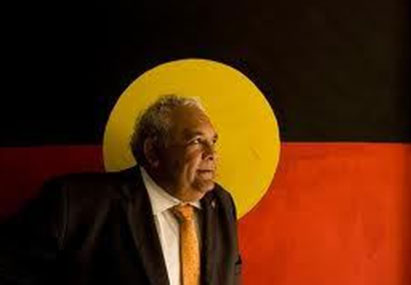Can the inequality gaps be closed?
 |
An exploration of the challenges and solutions.
Wednesday 11 November 2015 |
Amnesty International Lecture, with Professor Tom Calma AO
Powerpoint presentation from Professor Calma (pdf format)
Professor Calma’s presentation will address a number of topical issues relating to and affecting Indigenous Australians with the major theme focussed on Indigenous incarceration, mental health and a policy solution called Justice Reinvestment. To close the inequality gaps governments must partner with Aboriginal and Torres Strait Islander peoples and their representative bodies to come up with the solutions to wicked problems and implement them respectfully and consistently to achieve sustainable outcomes.
Professor Tom Calma AO, Chancellor of University of Canberra (first Aboriginal or Torres Strait Islander man to hold the position of Chancellor of any Australian university) is an Aboriginal Elder of the Kungarakan people and a member of the Iwaidja tribal group in the NT.
Professor Calma was the Senior Adviser for Indigenous Affairs to the Hon Philip Ruddock MP in his capacity as the Minister of Immigration, Multicultural and Indigenous Affairs and has served as Aboriginal and Torres Strait Islander Social Justice Commissioner at the Australian Human Rights Commission from 2004 to 2010 and as the Race Discrimination Commissioner from 2004 until 2009. He is on numerous boards and committees that focus on remote Australia, Indigenous employment, education, justice reinvestment, health, suicide prevention and mental health.
He is co-chair of Reconciliation Australia and chair of Ninti One Ltd and the Cooperative Research Centre for Remote Economic Participation and in January this year was appointed a Professor with the University of Sydney’s Medical School as Chair and Patron of the Poche Indigenous Health Network.
Presented by the The Bob Hawke Prime Ministerial Centre and Amnesty International.
Amnesty International is a global movement of more than 7 million people who take injustice personally. They are campaigning for a world where human rights are enjoyed by all. Funded by members and the general public, they are independent of any political ideology, economic interest or religion. No government is beyond scrutiny. No situation is beyond hope.
While the views presented by speakers within the Hawke Centre public program are their own and are not necessarily those of either the University of South Australia or The Hawke Centre, they are presented in the interest of open debate and discussion in the community and reflect our themes of: strengthening our democracy - valuing our diversity - and building our future.
The copying and reproduction of any transcripts within the Hawke Centre public program is strictly forbidden without prior arrangements.




